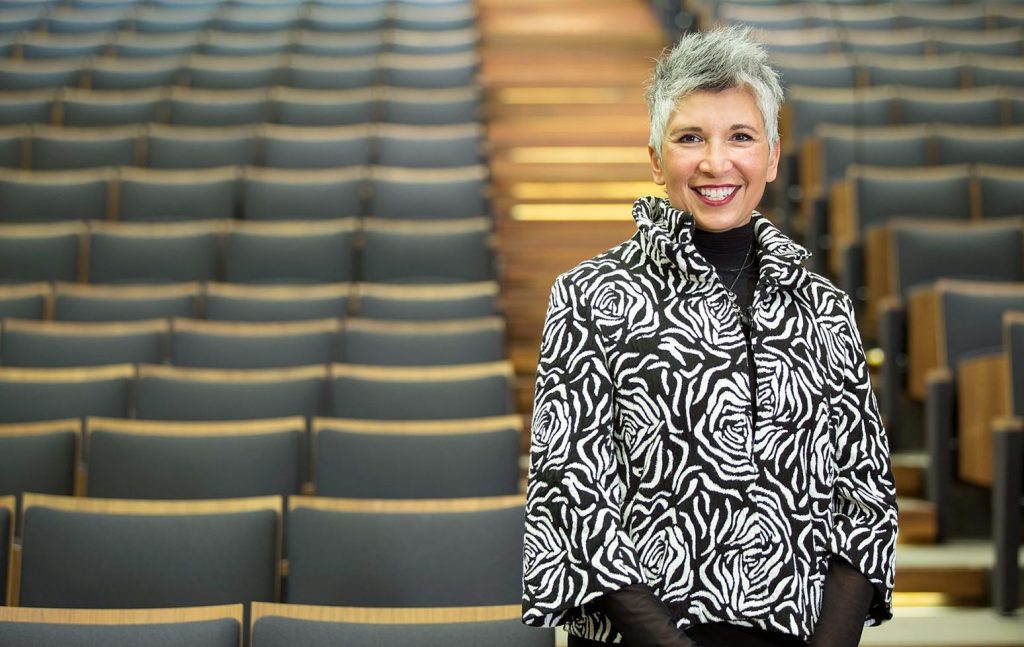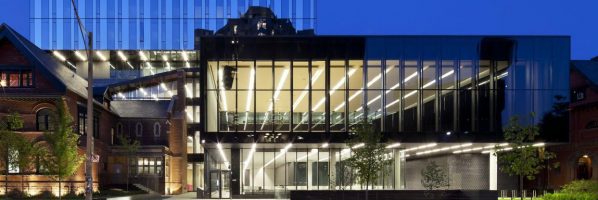Ivey Professor Honored, and More – Toronto News

Professors from some of the Toronto metro’s finest business schools have littered (definitely not literally, in the case of environmental education pioneer Tima Bansal) news headlines this week. Let’s take a look at some of the highlights.
Ivey Professor Tima Bansal Honored for Innovative Teaching – News@Ivey
Tima Bansal, professor at Western University Canada’s Ivey Business School, has been tapped to receive an Ideas Worth Teaching award. During her time as Director of both the Network for Business Sustainability and the Centre for Building Sustainable Value, Dr. Bansal has integrated sustainability into every part of Ivey’s MBA experience.
Where many programs have sustainability electives, Dr. Bansal has elected to co-teach the core MBA courses, so that sustainability practices are not seen as separate from the fundamentals of business education. Bansal was one of 20 winners who will be honored at Working Towards Shared Prosperity: An Academic-Executive Dialogue in Ann Arbor, Michigan this October.

Professor Bansal / Photo via ivey.uwo.ca
Read more about Dr. Bansal’s teaching methods here.
Behavioral Economics Expert at University of Toronto’s Rotman School Receives A Canada Research Chair – EurekAlert!
The Canadian government has announced that Dilip Soman, professor of marketing at University of Toronto’s Rotman School of Management, will serve as the Canada Research Chair in Behavioral Science and Economics. Soman is the Director of Behavioral Economics in Action at Rotman (BEAR), wherein he supervises the use of research findings to help tackle social problems. A recent press release detailed Soman’s work, saying:
“Prof. Soman is a world leading researcher in the area of behavioural economics and its applications to consumer wellbeing, marketing and policy. His work combines insights from psychology and economics to better understand how individuals make decisions.”
As a Canada Research Chair, Soman will have the opportunity to aid in and supervise important research and help train future leaders who show promise.
You can read more about professor Soman here.
How Our Collective Narcissism Explains Everything from Trump and Brexit to China’s Rising Dominance – The Globe and Mail
The Globe and Mail recently released an article that featured research from Russell Belk, a marketing professor at York University’s Schulich School of Business. Belk’s paper, which was published in the Markets, Globalization & Development Review, focused on the theory of “collective narcissism” as it pertains to current world events.
According to Dr. Belk’s work, the nationalistic collective narcissism that led to the Brexit vote in the UK, President Trump’s 2016 election in the United States, and China’s rising global presence is rooted in the belief that others are impeding a nation’s potential for greatness.
“Brexit and the election of Trump both relied on a particular type of nationalistic appeal to collective narcissism—an exaggerated emotional belief that the nation’s greatness is being undermined by other nations and other people. This tendency is catered to by appeals to make the nation great again by shutting borders and embracing isolationism while scapegoating refugees and immigrants. The rise of jingoistic leaders like Trump, Putin, and Erdogan can be explained by such appeals.”
Dr. Belk also explains that China’s move toward globalism is also tied to collective narcissism, as the country is expanding its reach while “rejecting multiculturalism.”
Read more about Dr. Belk’s paper here.
Four University of Toronto Professors Appointed as Chief Scientists

Four chief scientists have been tasked with leading research and activities at the University of Toronto in behavioral insights as applied to consumers, citizens, organizations and markets. The appointees will work at the Behavioural Economics in Action at Rotman (BEAR) center, which is part of the Rotman School of Management. The center’s goal is to facilitate behavioral change through research in decision-making and use of empirically tested tools. Using a behavioral science framework, the centre strives to develop non-traditional solutions to social and economic problems. Continue reading…
